Sharing food, eating salt, breaking bread, raising a toast, picnics in the wild, formal dinners—all have certain ideological, political and social significances. Some foods are taboo, whereas others endow the eater with purity. The means of preparing or processing food in different cultures each symbolise something. The Writer’s Feast is a collection of essays that discuss the various symbolic representations associated with food.
The essays in this volume show how food is a system of signs through which human societies give meanings to the material world they inhabit. The book is divided into four thematic sections: The first section eating cultures looks at social practices and systems relating to food and its consumption; The second section gendering food, focuses on the gender implications of cooking and serving food; In the third section, migrancy, diaspora and the cosmopolitan gourmet, the overwhelming importance of the symbolic function of food is discussed in immigrant narratives, as cuisine comes to be associated with the lost or abandoned homeland of the refugee or migrant. The last section of this book, the body and its limits, looks into the implications of excessive appetites on the human body and what drives them. It also speaks of healthy eating practices.
By way of contrast, it also examines what happens to human beings, their bodies when driven to the limit by extreme physical conditions or by famine and want. The Contributors featuring in this book are scholars from all over the world.

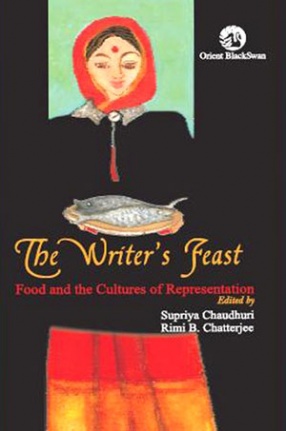

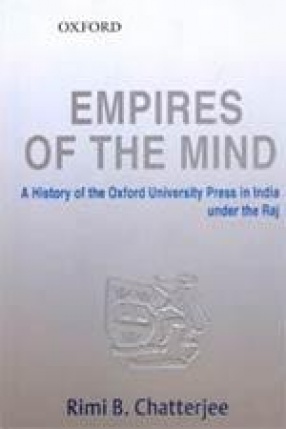

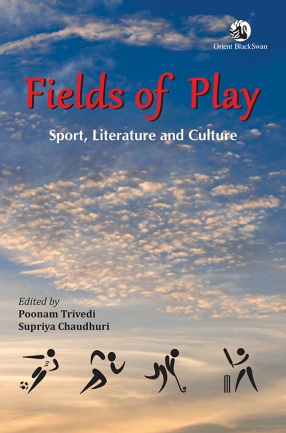
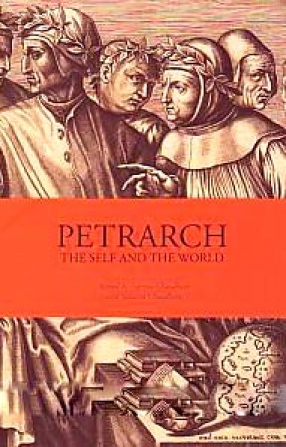
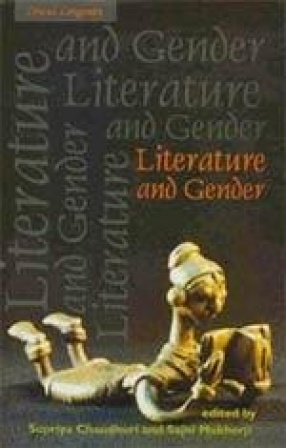
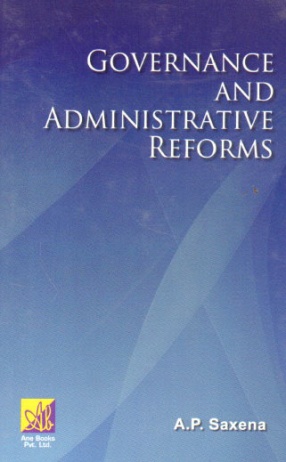
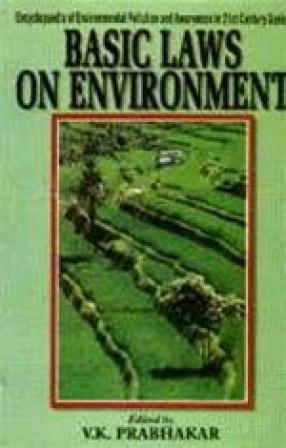

There are no reviews yet.